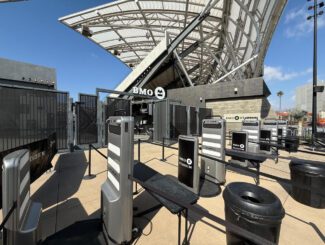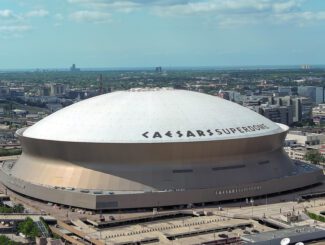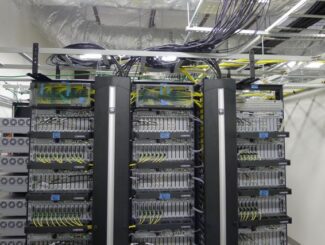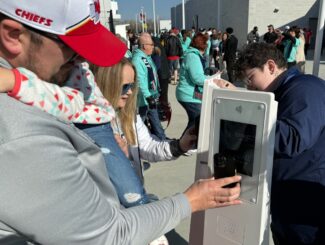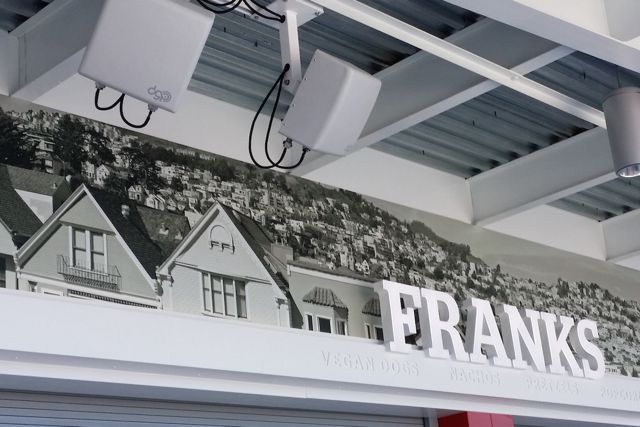
UPDATE: The companies announced the acquisition on Jan. 3. We will update the story as we get more information.
DAS Group Professionals (DGP), a small firm that has led some of the biggest deployments of distributed antenna system (DAS) networks at sports stadiums, is in talks to be acquired by America Fujikura Ltd. (AFL), a large fiber optic business concern, Stadium Tech Report has learned.
According to several industry sources who declined to be named, a deal is already in the works for DGP to become part of the Duncan, S.C.-based AFL, which supplies fiber-related products and solutions to a wide range of industries. Neither DGP nor AFL responded to email queries about the reported deal late Friday night.
Though AFL is not currently known to be heavily involved in the stadium DAS design and deployment market, it has done stadium DAS work before and in February 2021 it acquired Beam Wireless, which has done stadium DAS deployments and other stadium work, including at the Carolina Panthers’ Bank of America Stadium.
DGP, a small firm based in Walnut Creek, Calif., just northeast of San Francisco, burst onto the sports technology scene when it was selected to build the DAS for the San Francisco 49ers’ new home, Levi’s Stadium, which opened in 2014. What made DGP different from other providers in the stadium DAS world is that DGP usually builds a neutral-host DAS deployment that is owned and controlled by the team, instead of by a wireless carrier or by a third-party operator (3PO). This model gives the team more control over its DAS relationships with carriers, who pay the venues to participate in the DAS.
Referrals from DGP’s work with the Niners led to a chain of DAS deals at some of the largest stadium DAS projects, including networks at the Chicago Cubs’ Wrigley Field, the Sacramento Kings’ Golden 1 Center, the Texas Rangers’ Globe Life Field, and most recently, at SoFi Stadium in Inglewood, Calif., and at Allegiant Stadium in Las Vegas. DGP recently led an update of the cellular networks at Allegiant Stadium to prepare for the upcoming Super Bowl LVIII in February.
How does a DAS work and why might AFL be interested in the stadium DAS market? Usually, either a major cellular carrier or a third-party neutral host like DGP will build out the antenna infrastructure, which includes many small antennas and then cables to bring the connections back to a wiring room or data center. There, cellular carriers who pay to participate in the DAS install their own cell-tower back-end gear to authenticate customers and to provide a connection to the company networks and the Internet. Since all large stadium DAS deployments use miles of fiber-optic cables, it may make business sense for a provider like AFL to get into the stadium DAS market.
At one point fiber manufacturer Corning was heavily invested in the stadium DAS business, providing DAS networks at venues like Texas A&M’s Kyle Field and at Mercedes-Benz Stadium in Atlanta. Currently, however, Corning is focused more on the hospitality market than stadiums.



